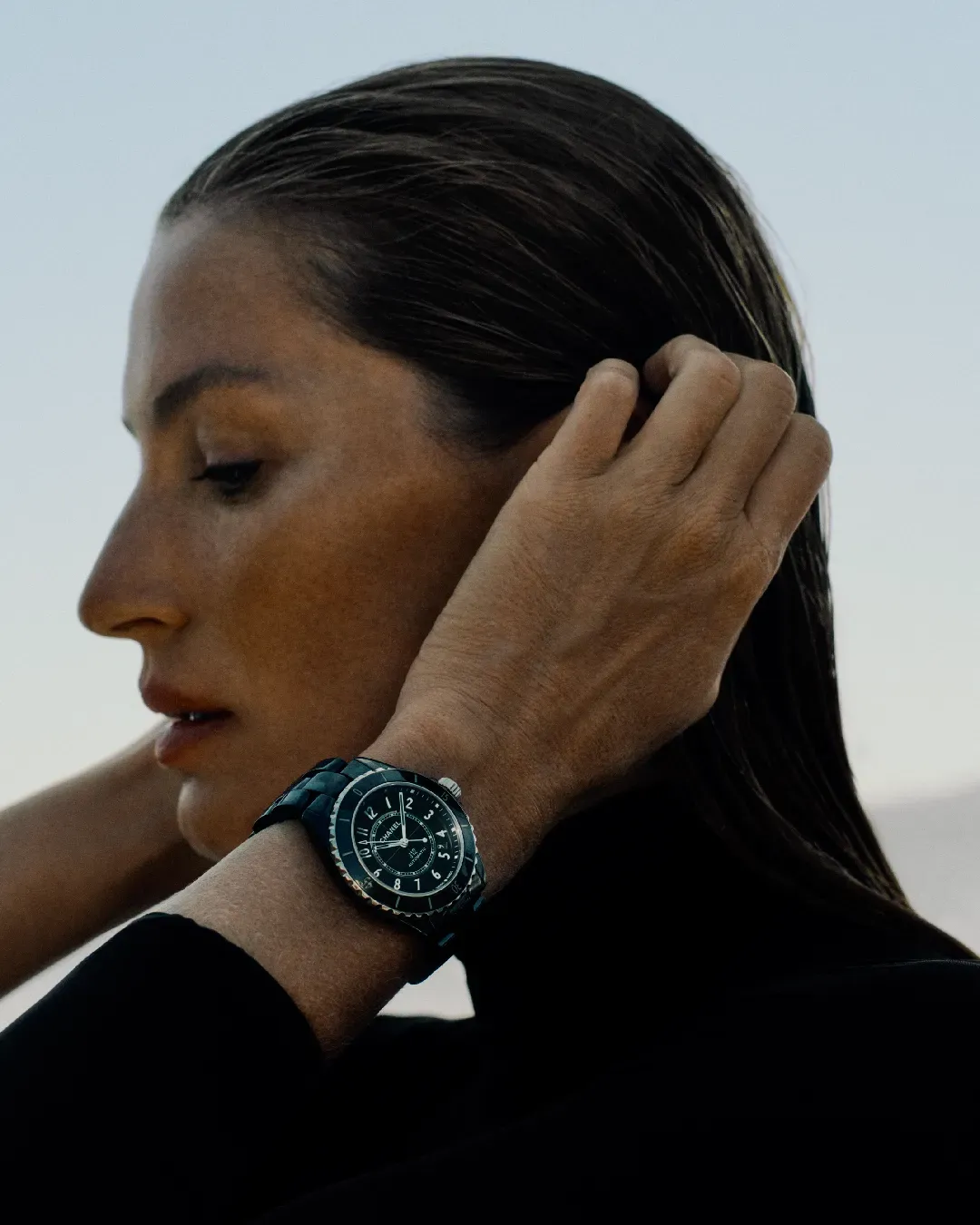
Does caring for one's own skin also mean curing one's own anxiety? Psychodermatology has found correlations between well-being from the mind and that of the skin
The skin is the largest organ in our body, alone weighs ten kilos on average, and is also the organ that most characterizes our appearance and our self-image. There is a branch of science, at the intersection of psychology and medicine, which studies the correlation between skin and mind called psychodermatology. Just as the mental stress induced by quarantine and pandemic can affect the skin, so skin care can positively affect the mental well-being of those forced within the four walls of the home. A symptom of depression is precisely carelessness towards themselves, and many antidepressant therapies include cosmetic interventions - to help sufferers of these conditions see themselves as better people. In 1998 Rick Fried, clinical director of Yardley Dermatology Associates and Yardley Clinical Research Associates, told a conference:
“How amazing is it that a simple cognition — ‘I said or did something foolish' — can cause virtually every blood vessel in the skin to instantaneously open up, causing a blush or flush?" asks Fried, a psychologist turned dermatologist who is the clinical director of Yardley Dermatology Associates and Yardley Clinical Research Associates in Yardley, Pennsylvania. "That's pretty amazing evidence that the mind and body are linked”.
Journalist Rebecca Clay, who writes for the American Psychological Association among others, recalls Dr Fried's speech in her article The link between skin and psychology and writes:
“Having a skin problem can prompt intense distress. In a 2014 National Rosacea Society survey of 1,675 patients with rosacea — a condition that causes facial redness and related symptoms — 90 percent of respondents reported lowered self-esteem and self-confidence, 54 percent reported anxiety and helplessness, and 43 percent reported depression, for example. More than half said they avoided face-to-face contact”.
In times like ours, where no surveys are needed to know that the collective mood of Italy if not the whole world is characterized by anxiety, uncertainty of the future and a general sense of helplessness in the face of a pandemic that for a long time will change the world as we know it, take care of one's own skin, in the small of one's own domestic quarantine, can become a calming ritual - the sign that we can still do something and keep to ourselves and keep to ourselves , even if we are relegated for months in an apartment and we do not have to impress anyone. Better yet: the first person you have to impress and that you have to love is yourself.
The mental effects of cosmesis affect ourselves, so cosmetics itself should also affect us and not others. The term self-care itself, although diluted and abused by countless influencers on Instagram, who have almost turned it into one of those vapid words-passepartout(such as "resilience" and "serendipity"), places a certain emphasis on considering only oneself, devoting time to oneself just as meditation is a moment of recollection. To look away from a chaotic and uncontrollable world and turn it to the face in one's mirror means limiting one's range, concentrating our energies and, above all, lifting our minds from a stress that is not designed to endure.































































